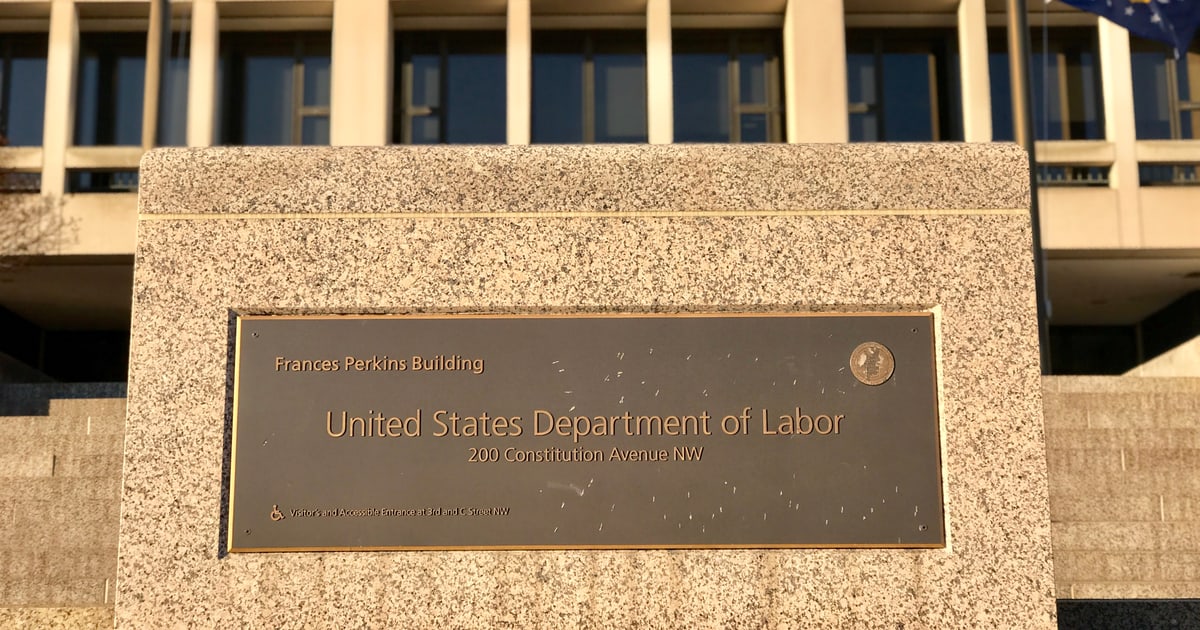The U.S. Department of Labor (DOL) on Friday warned employers and retirement plan providers to “exercise extreme care” before they consider cryptocurrency into their investment option for plan participants.
The labor agency made such comments as part of its efforts focused on protecting the retirement savings of U.S. workers.
The DOL said that cryptocurrencies like Bitcoin and other digital assets such as non-fungible tokens, pose significant challenges and risks to 401(k) investors, including, financial loss, theft, and fraud.
The Labor Department disclosed that financial services companies have started marketing crypto investments to 401(k) plans as retirement-plan option in recent months.
The labor agency warned that employers who add crypto investments to their company 401(k) plans might easily go against their legal obligations to plan participants.
Ali Khawar, acting assistant secretary at the Employee Benefits Security Administration, talked about the development and said: “At this early-stage in the history of cryptocurrencies … the U.S. Department of Labor has serious concerns about plans’ decisions to expose participants to direct investments in cryptocurrencies or related products, such as NFTs, coins and crypto-assets.”
Investing in Cryptocurrency
In September last year, the U.S. Department of Labor started working on guidance related to cryptocurrency. But the latest move by the DOL shows that the agency has followed the footsteps of other U.S. federal regulators that have recently highlighted risks that cryptocurrencies present to investors. The U.S. Securities and Exchange Commission (SEC) has a regulatory focus on investor risks related to cryptocurrencies.
Although the current law does not prohibit investing cryptocurrencies in 401(k) plans, many labor lawsuits (including a recent wave) have challenged the structure of the plan investment lineup, resulting in several plan sponsors favouring safer and less exotic and or volatile investments.
There has been pressure on retirement plan providers to favor stable, transparent, and low-cost investments such as index funds to avoid potential litigation. Recent lawsuits have examined how the Employee Retirement Income Security Act of 1974 (ERISA) regulates alternative investments like private equity or hedge funds.
Investing in cryptocurrency and crypto funds—which are much less stable or transparent than mutual funds—may still be far away from the investment universe of an ERISA plan.
Image source: Shutterstock
Credit: Source link























